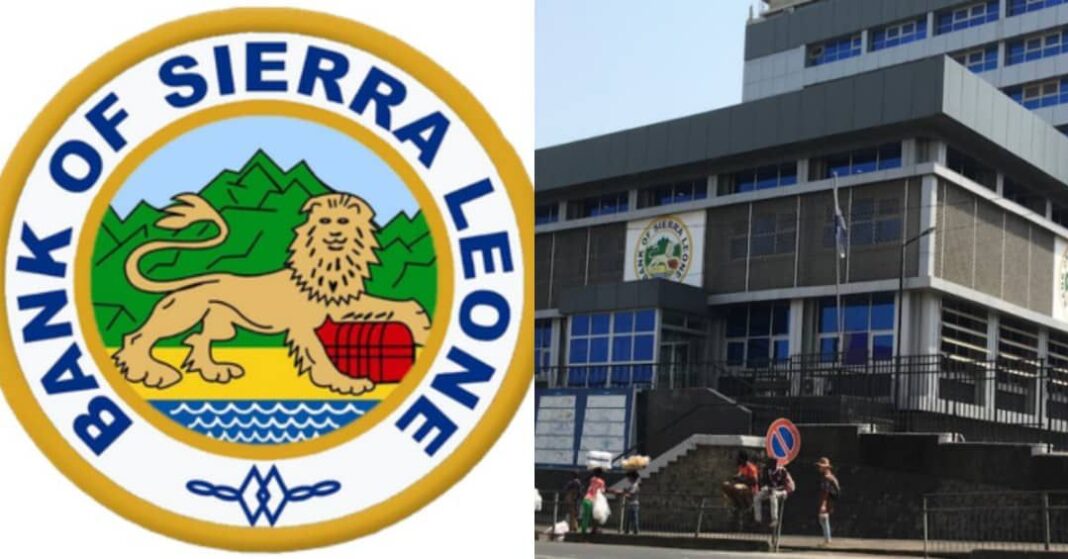Sierra Leone’s Human Rights Commission (HRCSL) has begun a nationwide monitoring exercise in correctional centres to assess prison conditions and ensure inmates’ rights are respected, the latest attempt to address long-standing concerns over overcrowding and poor facilities.
The initiative, supported by the United Nations Development Programme (UNDP), forms part of a project titled “Human Rights Behind Bars.” The HRCSL said its Directorate of Monitoring and Research will collect data across the country to measure compliance with national laws, regional treaties and international human rights standards.
“This exercise will provide critical insights into how the rights of inmates are respected and highlight areas that require urgent reform,” the commission said in a statement.
Prisons in Sierra Leone, many of them built during the colonial era, have faced criticism for years over conditions rights groups describe as degrading and inhumane. Cells designed for a few dozen inmates often hold more than three times that number, with detainees sleeping in shifts or on bare floors.
International watchdogs and local activists have documented persistent problems including poor sanitation, limited access to healthcare, and inadequate food supplies. Inmates with chronic illnesses or disabilities are especially vulnerable.
Last year, civil society groups reported that shortages of medicine and overcrowding at the Pademba Road Correctional Centre in Freetown, the country’s largest prison, contributed to several preventable deaths.
Human rights advocates say the issue reflects broader weaknesses in Sierra Leone’s justice system, including lengthy pre-trial detentions. According to official figures, a significant proportion of the country’s prison population is made up of people awaiting trial, some for minor offences.
“Prisons are overflowing not only because of crime but because justice moves too slowly,” said a Freetown-based lawyer who has represented inmates. “Until that changes, conditions will remain dire.”
The government has pledged reforms, including the construction of new correctional facilities and the introduction of alternatives to incarceration for petty crimes. But progress has been slow, hampered by limited resources and competing priorities.
The HRCSL’s monitoring could mark a turning point, observers say, if the findings lead to concrete policy changes. The commission has the mandate to make recommendations to government and advocate for compliance with international human rights obligations.
For families of inmates, the stakes are high. “My brother has been in prison for almost two years without trial,” said Mariama Kargbo, whose sibling is held in Makeni. “We want justice, but at the very least, we want him treated with dignity as a human being.”
As Sierra Leone grapples with economic hardship and social pressures, rights campaigners warn that neglecting prison reform could undermine public trust in the justice system.
“The way a country treats its prisoners is a measure of its commitment to human rights,” said a civil society activist in Freetown. “This monitoring is a step forward, but action must follow.”
By Alusine Daramy



